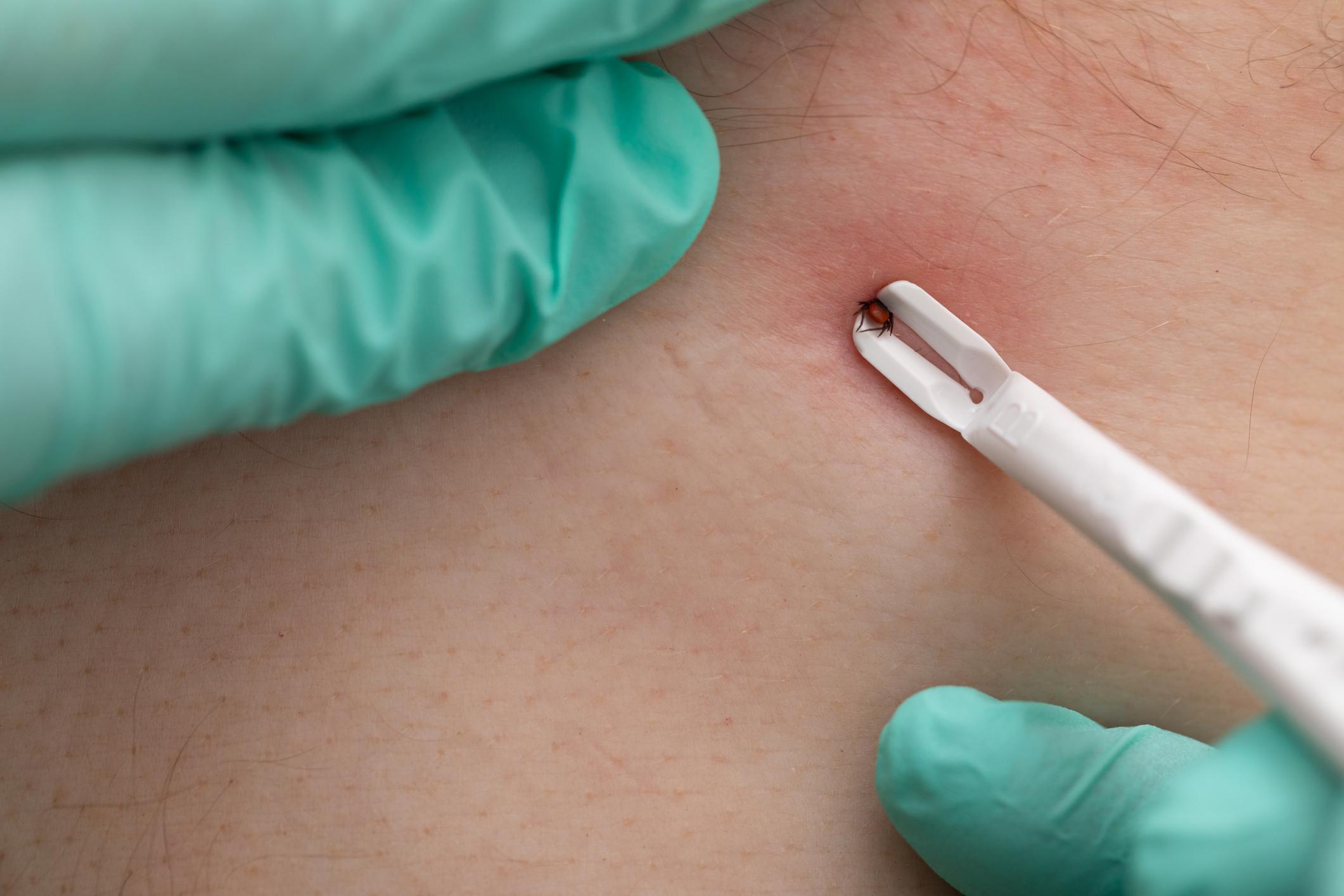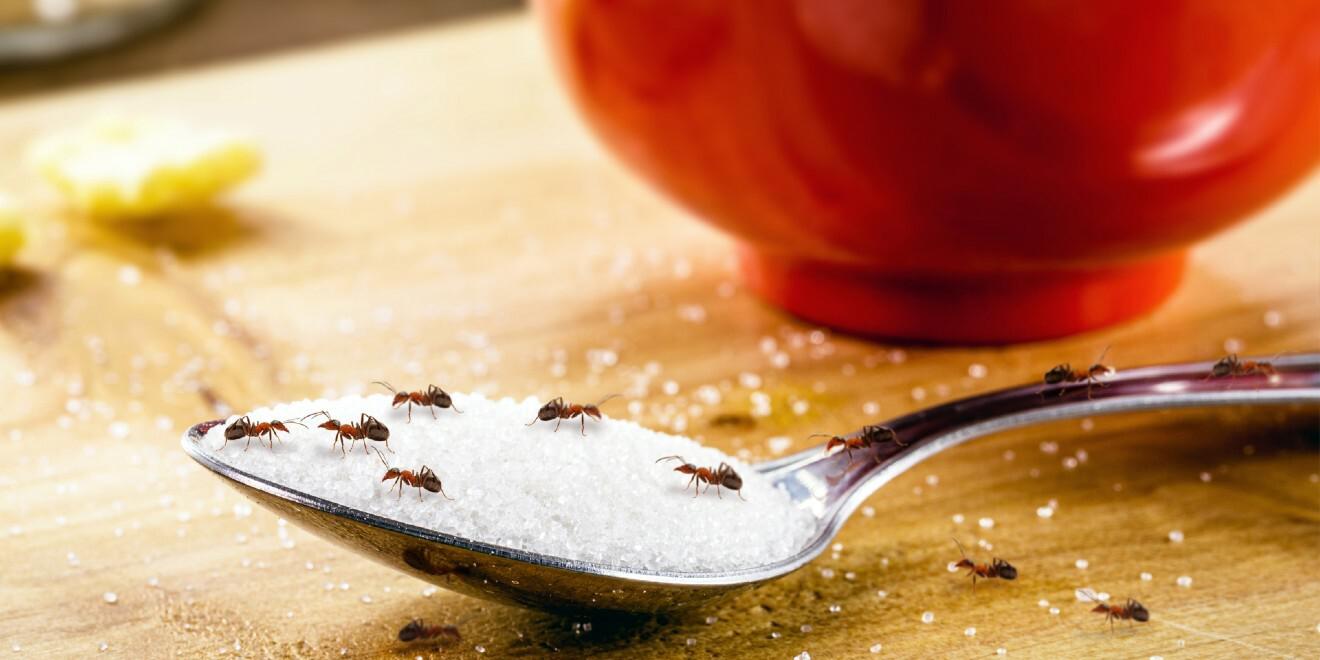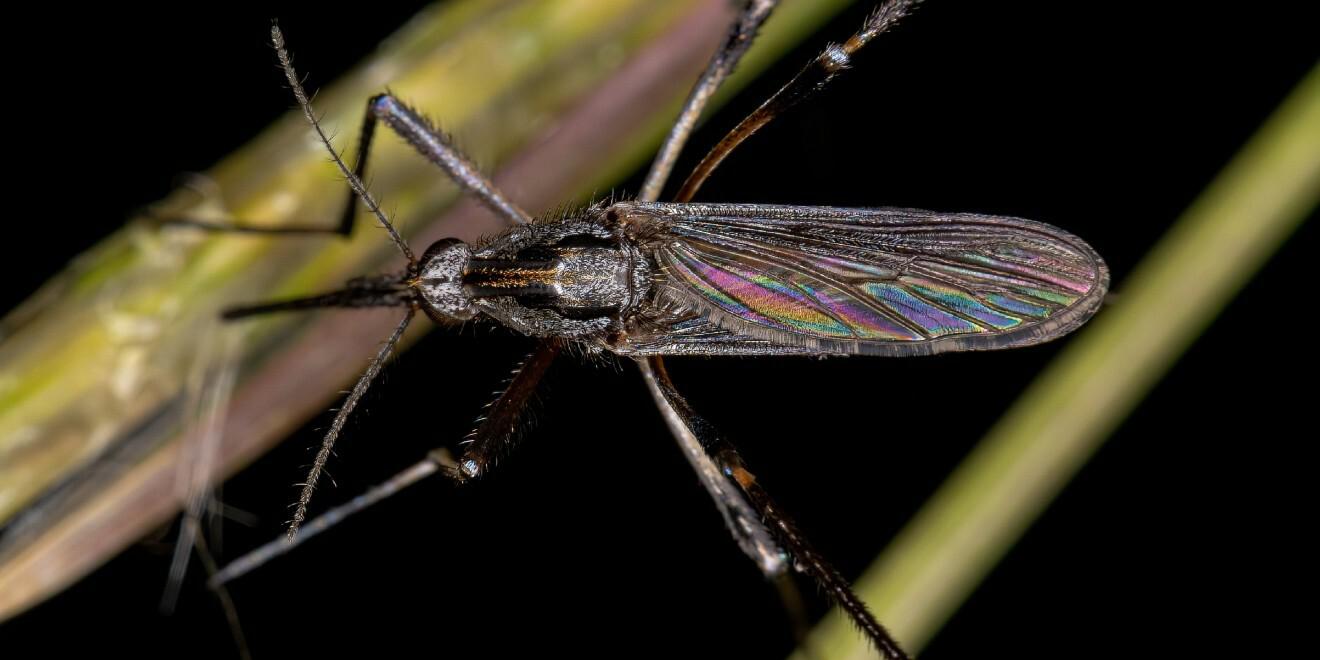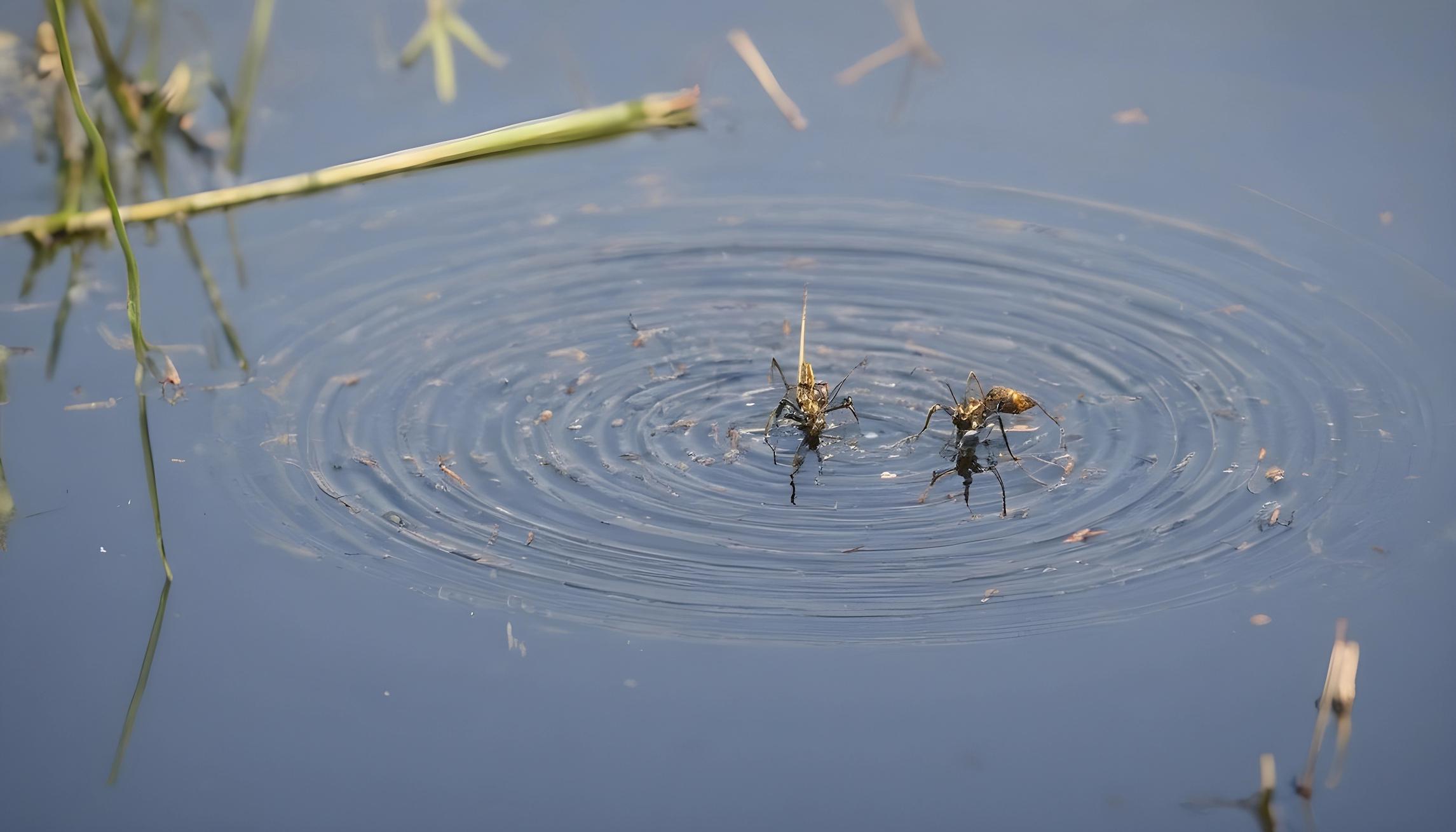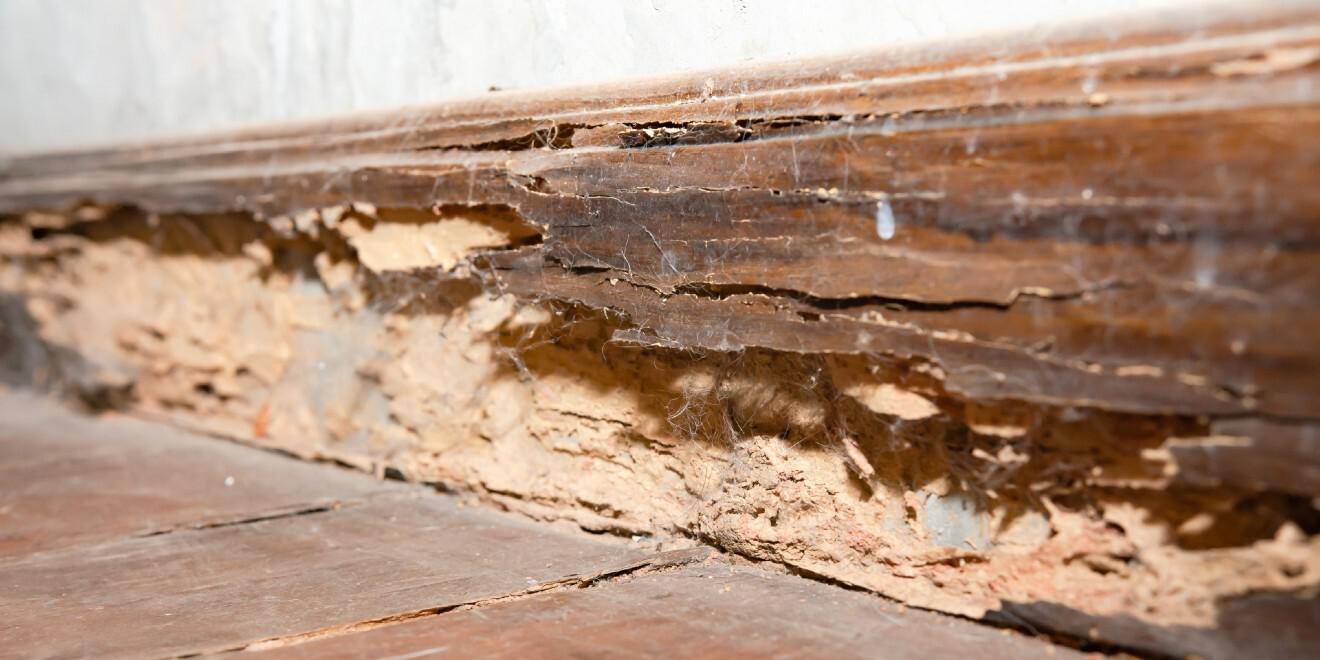Tick Prevention in Maine
Posted by Mosquito Squad
April 4, 2018
It’s April and that time of year again to talk about ticks in Maine. The weather is getting warmer (maybe) and you may already be seeing these little creatures roaming on your pets. Ticks are very resilient and can last through long stretches of cold weather. Let’s discuss how….
This winter we had a long cold streak which in a perfect world would have helped control the tick population. However, the little guys were lucky that they had a nice blanket of snow over them where they could stay low and warm. They hide in rock walls, dense bushes and under fallen leaves and brush. That along with the snow helped them to survive. This is why some have seen ticks in that brief warm period we had. While at the Maine Flower Show, we spoke to many people from Kennebunk and Falmouth that have described that scenario. We’ve also had reports from Scarborough that ticks are visible. The ticks are out there!
There are a number of ways to help prevent ticks from attaching to you and your furry friends. Actively preventing a bite is the most important thing you can do. Landscape management is key to make your property safe. Here are a few tips:
- Keep your yard trimmed and clean up brush/leaves
- Avoid using rock piles for walls and landscape accents
- Mulch around bushes and trees
- Allow for a barrier between your living area and tick habitats
- Minimize food sources for animals that can bring ticks onto the property (ie. mice/squirrels)
Ticks like to stay low, cool and dry. They love shade. That is why mulch and a small layer of stone can help immensely. This, as well as any treatments can help make your yard safe.
Let’s move on to treatment options. We at Mosquito Squad of Southern Maine employ a two step tick treatment. We use our traditional or natural treatment to hit low areas and brush in tree lines, around the home and under decks along with woodpiles. That will treat for adult ticks and eggs. We also employ tick tubes that the woodland critters like mice and squirrels will use the cotton as bedding. This treats their fur which will kill the larval and nymph stage ticks. Tick tubes are very important for the best control. Nymph stage Black-legged Deer Ticks that are brought to you by the white field mouse are the number one carrier of Lyme Disease. Adult ticks have also contributed, but it’s most notably the nymph stage. There are also other pathogens that ticks have been found to carry in Maine.
We here at Mosquito Squad of Southern Maine hope that you find this informative and helpful to keep your family safe, happy and healthy this season!










